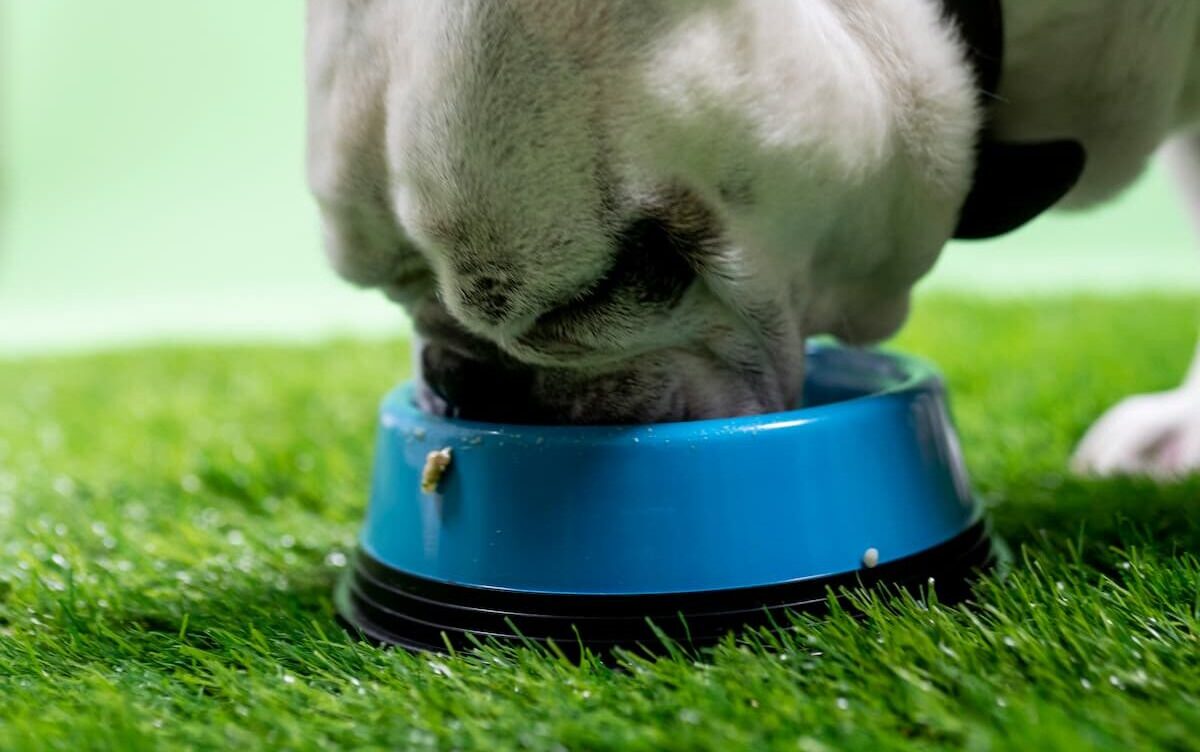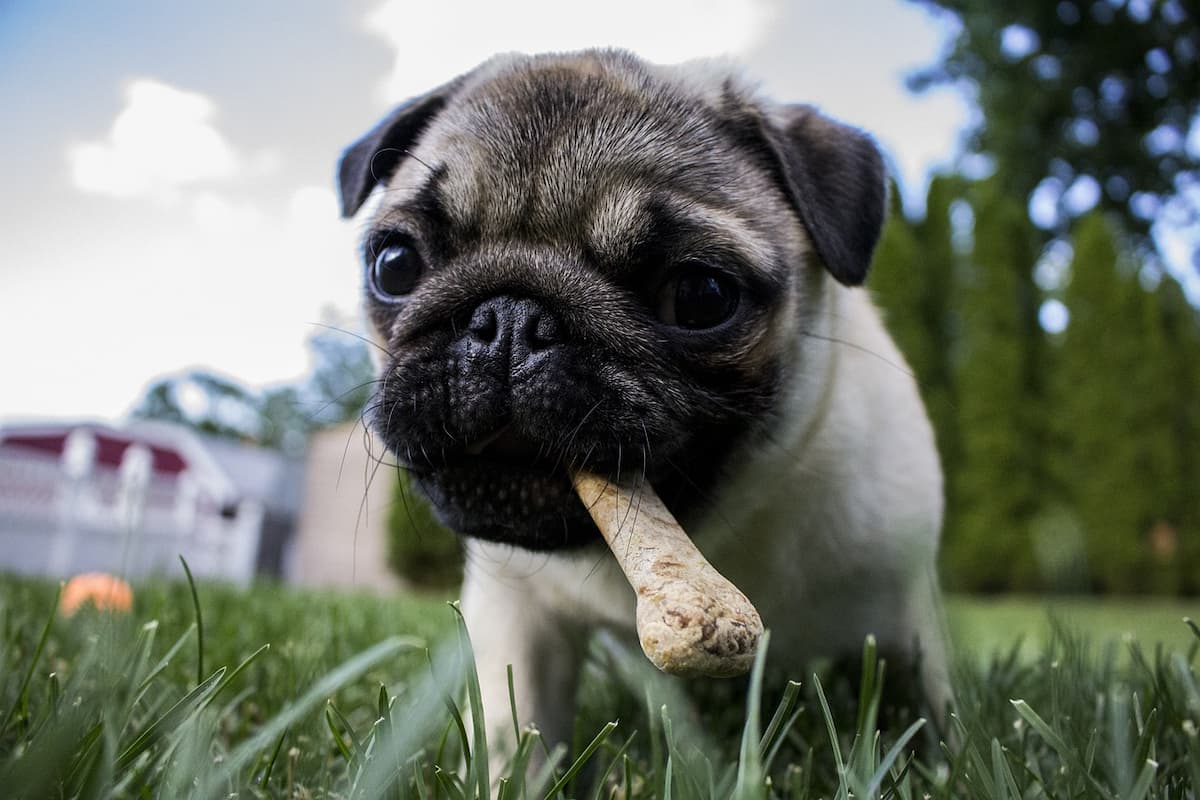
Common reasons behind why dogs inhale their food
Dogs are notorious for scarfing down their meals in mere moments, leaving pet owners puzzled as to why they inhale their food. While it may seem like a comical spectacle, this behavior actually stems from their innate instincts, which have been shaped through thousands of years of evolution. One of the main reasons why dogs inhale their food is their survival instinct. In the wild, dogs had to compete with other pack members for food, and consuming meals quickly ensured that they got their fair share before it was snatched away. This instinct to eat fast has been ingrained in their DNA, even though domesticated dogs no longer need to fight for their meals. So, when Bowzer dunks his face into his bowl and devours his kibble in seconds, he’s simply following his primal instincts. Besides their instinctual drive, another factor contributing to dogs inhaling their food is their lack of natural chewing behavior. Unlike humans, dogs have a limited ability to chew their food properly. Their teeth are designed for tearing and crushing rather than grinding. This is a result of their evolutionary history as predatory animals. So, when a delicious meal is placed in front of them, they usually gulp it down whole or in big chunks. It’s like they’re engaging in a culinary race against time! Another factor contributing to this behavior is the dog’s excitement and anticipation around mealtime. Dogs love food, and their enthusiasm can often lead to them gobbling it down quickly. As soon as they see or smell their food, their senses go into overdrive, and they just can’t wait to dig in. This heightened excitement can cause them to eat at a rapid pace, almost as if they’re afraid the meal will disappear if they don’t finish it at once. Additionally, some dogs simply have a ravenous appetite due to their individual personalities or previous experiences. Certain breeds, such as Labrador Retrievers or Beagles, are notorious for their love of food and their tendency to inhale it. Furthermore, dogs that have faced starvation or neglect in the past may have developed a sense of urgency around their meals, leading them to devour food as quickly as possible. **In these cases, it’s essential to provide them with a balanced diet and ensure they have regular feeding schedules to prevent any negative health consequences.
Potential health risks from eating fast
While this fast-eating behavior may seem comical, they may actually have potential health risks for your furry friend. Firstly, it can significantly increase the risk of choking. When dogs eat too quickly, they may accidentally swallow large chunks of food without proper chewing, causing an obstruction in their throat. Additionally, rapid ingestion can lead to excessive gulping of air, which may result in bloating or even gastric torsion, a life-threatening condition that requires immediate veterinary intervention.Tips to slow down your dog’s eating pace
So, now that we understand why dogs inhale their food, let’s look at some practical tips to slow down their eating pace and keep them from choking or bloating:
1. Slow Feeder Bowls: These specially designed bowls have various obstacles or patterns on the surface that make it more challenging for your dog to gulp down their food.
By forcing them to slow down and engage in a bit of puzzle-solving, slow feeder bowls effectively promote healthier eating habits.
Plus, they can be both mentally stimulating and entertaining for your pup!
2. Scheduled Feeding Times: Instead of free-feeding your dog or leaving food out all day, establish specific mealtimes and stick to a consistent schedule.
This allows your furry friend to develop a routine, making them more likely to eat at a controlled pace.
By limiting their access to food, you can prevent overeating and the associated health risks.
3. Meal Puzzles and Treat Dispensing Toys: Incorporating mealtime activities can help your dog slow down their eating pace.
Meal puzzles or treat dispensing toys are designed to make your dog work for their food, encouraging them to take their time while enjoying their meal.
These toys provide mental stimulation, mimic natural foraging behaviors, and promote a healthier eating speed.


